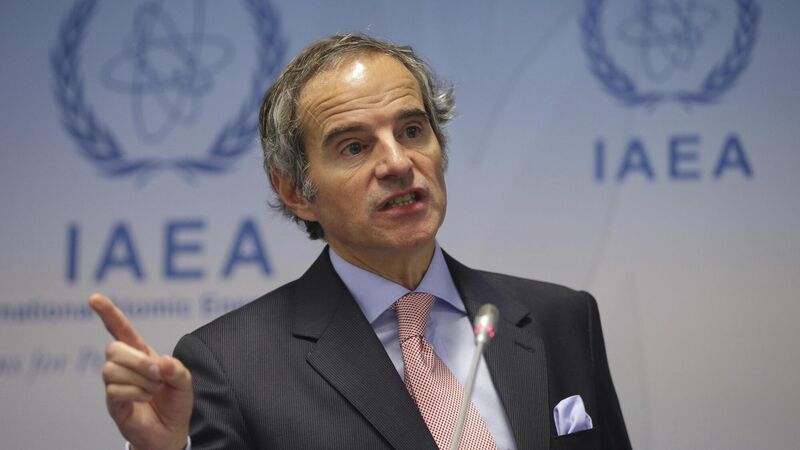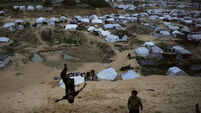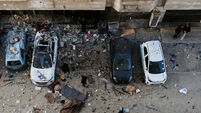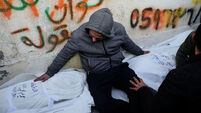Perception trumps reality: Did the US really destroy Iran's nuclear programme?

Rafael Grossi contradicted Donald Trump’s contention that the Iranian nuclear programme was destroyed. Picture: Heinz-Peter Bader/AP
Rafael Grossi, the director general of the International Atomic Energy Agency (IAEA) has contradicted US president Donald Trump’s contention that the Iranian nuclear programme was destroyed by the US air attack on Iran on the night of June 22-23.
Grossi has also assessed that Iran still has the technical knowhow to produce enriched uranium within months. In an article last week, Iranian response in Doha was only a carefully choreographed demonstration it was pointed out that the Iranians will recover quickly and would have backup teams of nuclear scientists to continue their work.
















